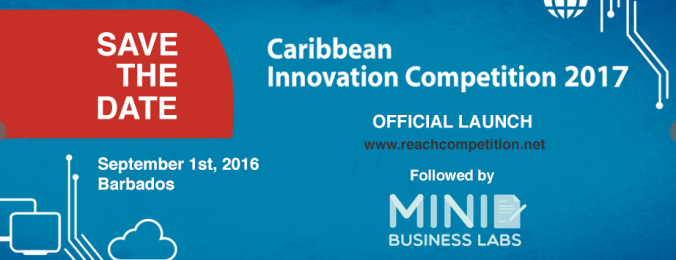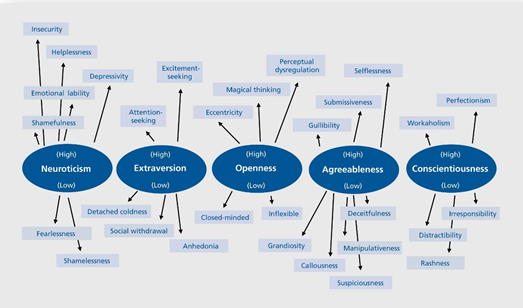
Summer is almost over and the kids are heading back to school. It’s officially time to crack down, be productive and get things done. Getting back into a rhythm after vacationing can be difficult, so here are some tech tools to make the transition as painless as possible. They can help streamline productivity and organize life — in and out of the office:
Task management
Nose is an app that allows you to create categories to prioritize tasks, and share projects with people on your team. You will be able to see as team members’ check off tasks in real time, allowing you to stay on top of big projects. It also syncs with Evernote, Dropbox and Google Calendar, making it easy to keep all your important information updated and in one place. Although Nose is a subscription-based service, streamlined productivity is well worth the investment. Available on Mac, Windows and Linux and with mobile apps for Android and iOS, Nose seamlessly transitions from desktop to on-the-go. There’s even an app for the Apple Watch.
Nose can be a bit tricky for folks new to digital organization, so if that seems a little too complicated for your liking, Wunderlist makes a great entry-level productivity tool. Available on Mac and Windows with mobile apps for Android and iOS, Wunderlist is compatible with all major devices (including the Apple Watch).
Wunderlist allows you to organize projects by folder, set reminders and share task lists with others. Individuals can try out the free version, while Wunderlist Pro and Wunderlist for Business offer advanced capabilities for business users.
Password management
LastPass is a great basic password manager, and offers a free version, a subscription version and an enterprise option for businesses. Compatible with desktops, smartphones and tablets, LastPass stores passwords and website information in a centralized “vault,” where users can see and edit their information. LastPass also allows users to store multiple logins for the same site and input payment information to streamline online shopping.
SecureSafe is another password management tool, but it also goes above and beyond with file storage and transfer capabilities. Users can back up and organize important files in one secure location, with the ability to access them from anywhere. It’s compatible with both desktop and mobile devices, and offers options for businesses as well as individual users.
Money management
Mint is a free personal finance app that allows users to integrate multiple accounts (think banking, loans and retirement accounts), budget and keep tabs on upcoming bills. Users can track and categorize spending, set monthly goals and see visual displays of their progress. The app also offers recommendations and money management tips. While it’s compatible with iOS and Android devices, the mobile applications are read-only, so users must set up their accounts from a desktop.
Better Haves is a money management app that allows users to create virtual envelopes for customized categories, like groceries, utilities and entertainment. When spending occurs, users can deduct the amount from the specific category, making it easier to track expenses and stay on budget. Envelopes can be shared with other users, making this app particularly useful for couples. The app is compatible with both iOS and Android devices, and does not offer a desktop version.
Family organization
The AboutOne Family Organizer provides parents with a centralized place to keep track of the family calendar, health and insurance paperwork, school records, vehicle information, receipts and more. It’ll also send users reminders when it’s time to fill prescriptions, make appointments or for upcoming events. There are several different pricing options available, including a basic free version. AboutOne is available for both Android and iOS devices.
Cozi is another app that allows parents to manage family schedules, shopping lists, chores, meals and more. It can send appointment reminders through the mobile app or email, and it delivers weekly agendas straight to your inbox. Cozi is available for both Android and iOS devices, and can be updated from desktops.
These apps can help make home and office life a lot more organised and productive. Keep in mind however that the use of a succession of technologically based apps can actually have a reverse effect on your productivity levels. Do not become a victim of productivity app overload. Use only the ones that truly help to streamline your work life and that aid in keeping you on track in relation to your everyday circumstances.
About the National Competitiveness and Productivity Council (NCPC)
Established in October 2013, The National Competitiveness and Productivity Council (NCPC) is responsible for the identification of key issues related to competitiveness and productivity in Saint Lucia.
The NCPC and its Technical Secretariat is committed to providing the necessary advocacy and research to produce timely and effective recommendations to policymakers on issues that affect both competitiveness and productivity on island. For more information about productivity or on the NCPC, visit www.stluciancpc.org; www.facebook.com/stluciancpc, call 468-5571/5576 or send an e-mail to stluciancpc@gmail.com


